The government's latest freshwater plans do not go far enough and fails to deal with the pressing issue of Māori water rights, Māori leaders say.
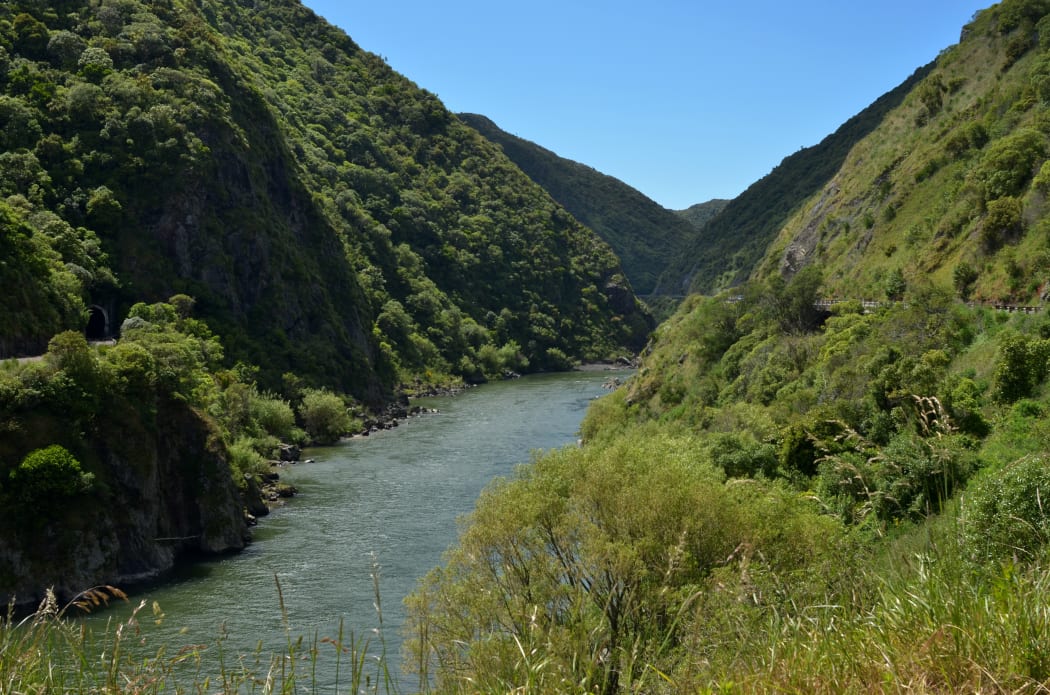
Manawatū Gorge. Photo: 123RF
Yesterday, the government released an Action Plan for Healthy Waterways, which aims to restore rivers and lakes within a generation.
The plan proposes setting higher water quality standards for swimming spots, interim controls on land intensification and a higher bar on ecosystem health.
It comes a week after the Waitangi Tribunal said Māori freshwater property rights need to be recognised, and called for co-governance with Māori on freshwater management.
Te Wai Māori chair Ken Mair said stopping the further degradation of freshwater habitats and ecosystems and turning back the damage is a welcomed move.
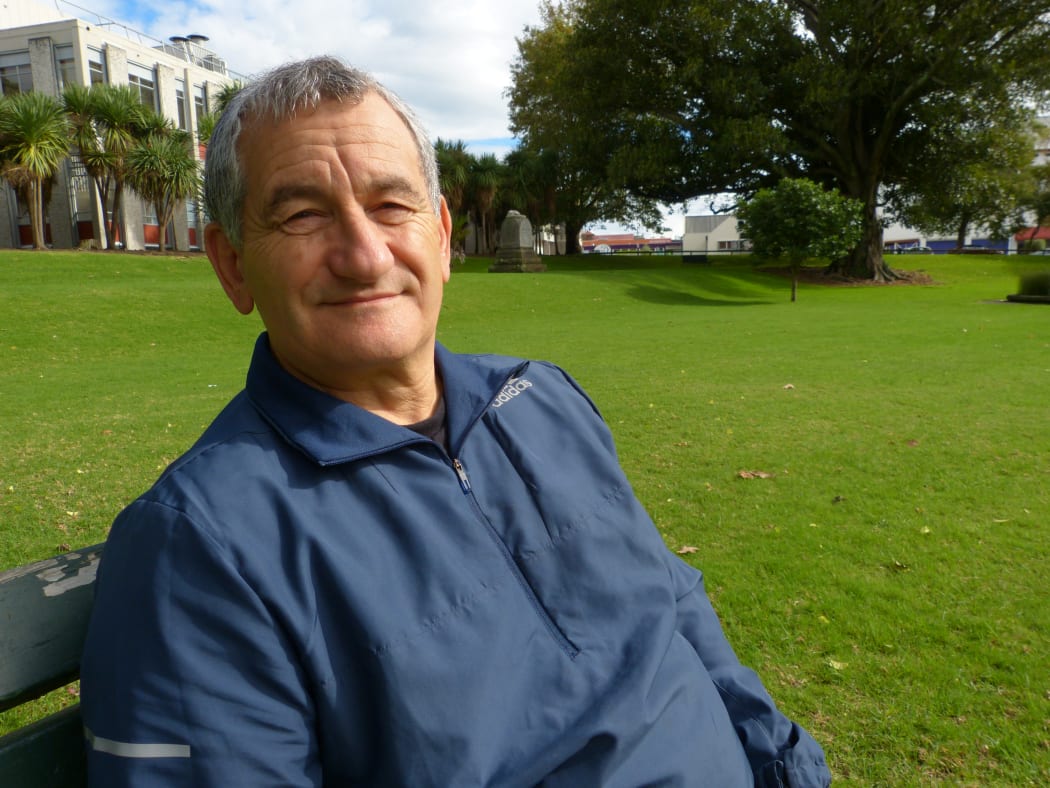
Ken Mair, chair of Wai Māori Trust Photo: RNZ / Leigh-Marama McLachlan
But the new plan does not address water rights, which Mr Mair said showed this government lacked integrity and leadership.
"This issue has been around now for at least 20 to 30 odd years and every government that has come in has pushed this matter aside," he said.
"We know that it is a challenging matter but I would have thought that this government would have stood up and said 'right, we need to get on with it right now. Let's not play politics."
Mr Mair said he also wanted to see a moratorium on any further intensification of farm land and further water takes.
Māori Council director Matthew Tukaki said the new plan did not address the key points raised by the Waitangi Tribunal, but he was welcoming a new target to improve freshwater quality.
"For everyday Māori right across the country, this is the first good step," he said.
"It can only be a great step if we remain resolved to get to a point where we not only enjoy kaitiaki status and guardianship of our waters for a cleaner future for our kids, but we are also involved in the governance and the ownership side as well."
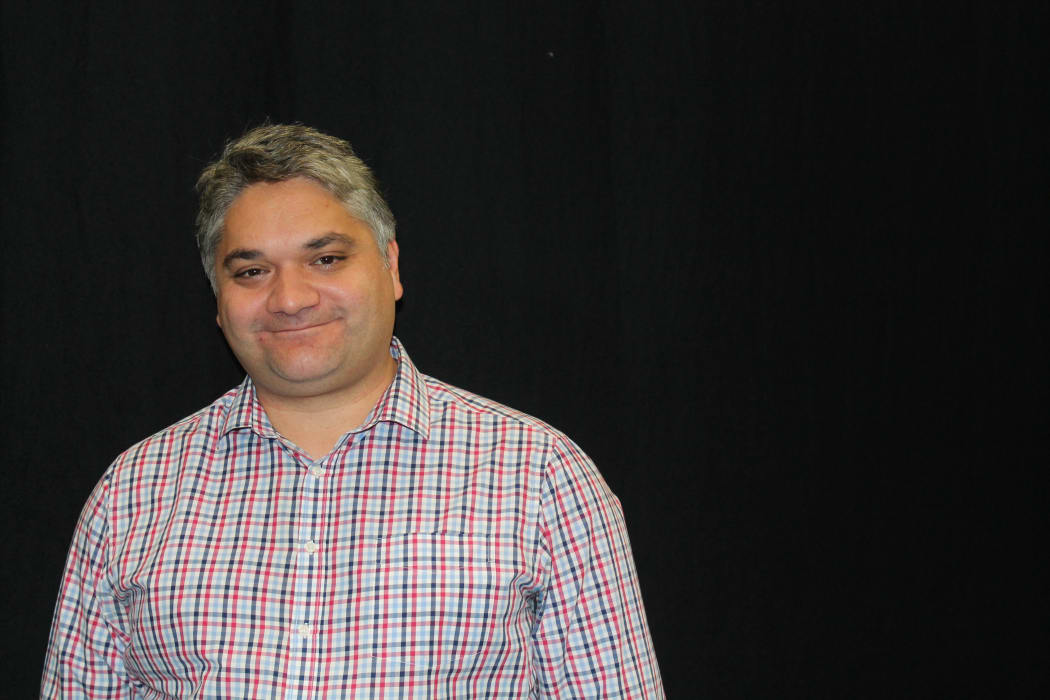
Māori Council director Matthew Tukaki Photo: RNZ/Justine Murray
The Waitangi Tribunal exposed a resistance by regional councils to involve iwi and hapū in freshwater decision-making, and it recommended setting up a national co-governance freshwater body to meet Treaty of Waitangi standards.
Under the Action Plan for Healthy Waterways, regional councils will need to come up with freshwater management plans by 2025 - Māori must be consulted on them, and Māori values should be included in the plans.
But Ngāti Porou environmental advocate Tina Ngata said those requirements fall short of the mark.
"We need to really make sure that we are including Māori people, not just Māori values in the process," she said.
"The best way to do that is to guarantee a Māori voice that moves beyond consultation and moves into a space of having actual decision making power and for government to share power with Māori."
She said she was concerned that Māori values could be misinterpreted by non-Māori.
Waikato-Tainui leader Rukumoana Schaafhausen agreed there were concerns about how Māori concepts and values would be actioned.
The government is proposing regional councils take a holistic view of the health and well-being of freshwater through Te Mana o te Wai. That concept centres the health of the water as the most important thing when it comes to decision-making.
Mrs Schauffausen said it was a good concept, but she was skeptical about how it would be implemented.
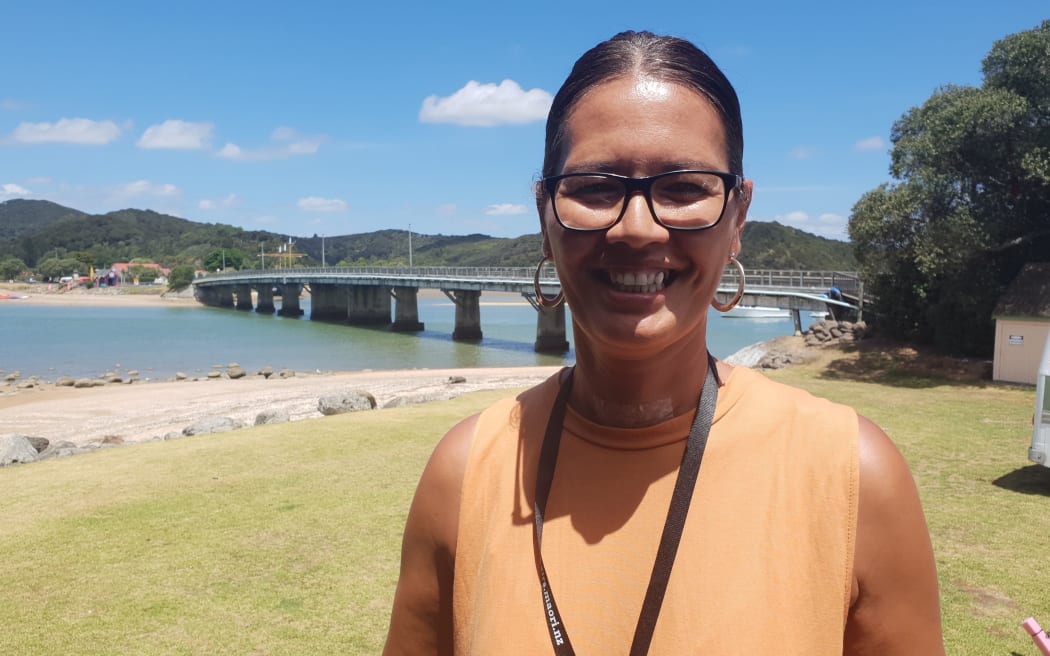
Waikato-Tainui leader Rukumoana Schaafhausen Photo: RNZ / Leigh-Marama McLachlan
"It's one thing to recite those references but what does that mean? How will they give effect to Te Mana o te Wai?," she said.
In 2008, Waikato-Tainui finalised its river settlement, which included introducing an obligation of the iwi and regional council to Te Mana o Te Awa.
She said they were still working, 11 years on, with regional council and others to give effect to what that meant.
"It's more about, what is the action that is going to give effect to these principles that we hold so dearly and that we live by?"
Rukumoana Schaafhausen said the plan was a step in the right direction but she is disappointed that water rights had been pushed aside again.
"Is it enough? No, not after the many years that iwi and hapū across the motu have been advocating for change."
Federation of Māori Authorities chair Traci Houpapa backed the implementation of Te Mana o Te Wai, to keep the focus on the health and well-being of freshwater taonga.
She said Māori farmers were supportive of steps to improve water quality and have already taken measures to operate in a sustainable way, but that they would need more resources to support the proposals.
Mrs Houpapa is on the Māori freshwater forum, Te Kahui Wai Māori, which has given the government three years to sort out water rights.
"Am I confident that it will be a quick and easy discussion, that it will be a simple process? Absolutely not," she said.
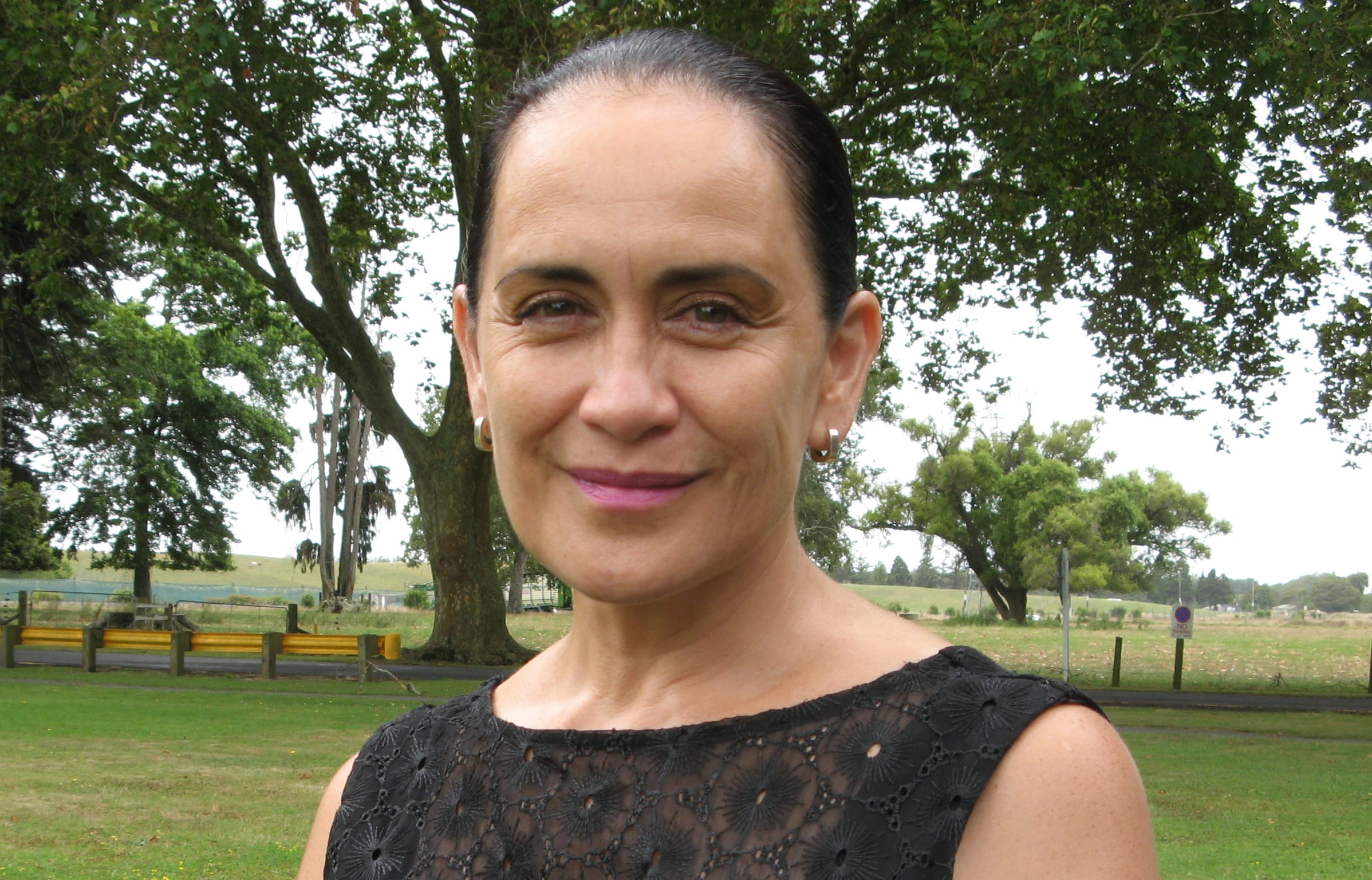
Federation of Māori Authorities chair Traci Houpapa Photo: RNZ/Susan Murray
"This is a complex issue. The Crown and Māori need to sit to address ownership and customary rights with regards to freshwater, and we need to do that soon."
Environment Minister David Parker said while no timeframe has been set, he did expect the question of Māori water rights to be resolved in the next three years.
Last week, Mataatua kaumātua Maanu Paul said his lawyers would be taking a case to the High Court to determine whether Māori maintain native title over freshwater in Aotearoa.


